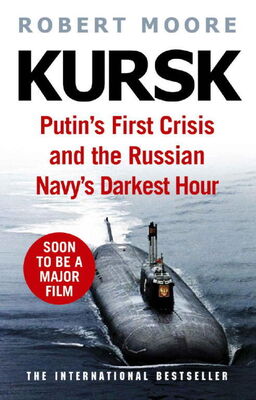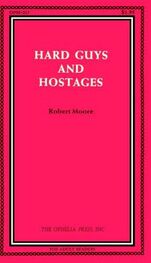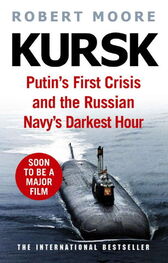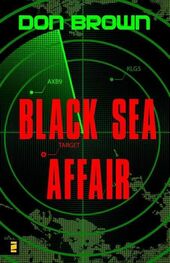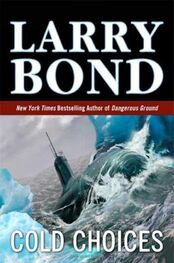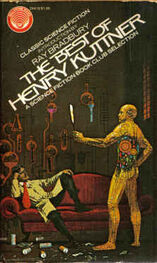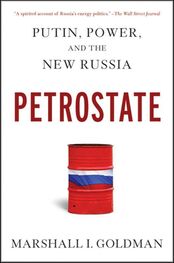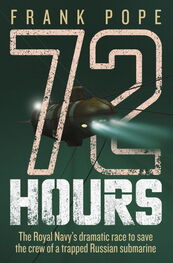There are many people in a number of countries who have assisted me in understanding the circumstances surrounding the Kursk accident and the subsequent multinational rescue effort. In particular, this book would not have been possible without the scientific curiosity and patience of two men who generously shared their thoughts and technical knowledge.
Garry Ball, a dive supervisor who worked aboard the Seaway Eagle during the Kursk disaster, has provided me with constant support, guiding me through the world of saturation diving and explaining the technologies and operating culture of the breed of men who work offshore. He dealt with a torrent of questions – not least about the workings of the Kursk ’s escape hatches and valves – with great patience. Ramsey Martin, a marine engineer specializing in submarine escape-and-rescue systems, has been of enormous help. His startling breadth of scientific knowledge, his understanding of Russian naval engineering, as well as the physiological issues that faced the Kursk sailors, helped unravel what happened in the submarine’s ninth compartment.
The Russian Navy has forbidden Northern Fleet officers from discussing the events of August 2000. But there were several officers, including in the search-and-rescue department, as well as Russian navy doctors and torpedo engineers who agreed to speak privately about the accident and its aftermath. They must all remain anonymous but their help was invaluable.
I owe a great deal to the researchers who worked with me in Moscow, St Petersburg and Murmansk, Lisa Gusarova and Constantine Miniar-Beloroutchev, whose good humour, energy and sharp intelligence helped to open doors in the closed world of the Kola Peninsula, and who sorted through a wealth of often contradictory information.
In Moscow I was assisted by the insights of a number of military analysts, especially Alexander Golts, Sergei Vasilyev and Igor Korotchenko, and by the thoughts of two retired Oscar II submarine commanders, Captain Arkady Yefanov and Captain Konstantin Astafyev.
In Murmansk I received the help and support of Alexander Raubee, Igor Zheveluk and Vladimir Shkoda.
In the United States, I have benefited enormously from the patient advice and generous guidance of Norman Polmar, co-author of Cold War Submarines and the West’s leading authority on Soviet/Russian submarines, and the assistance of the late Rear Admiral Tom Evans, whose own Cold War patrols aboard the USS Batfish are already a legend. Robin Pirie, a former acting Secretary of the Navy and former commanding officer of the USS Skipjack , assisted with understanding the political background to the US reaction to the accident.
In Britain I am most grateful to Commodore David Russell, now retired, who spent many hours talking to me about his experiences in the Barents Sea during the Kursk rescue and who permitted me to see the Royal Navy files and the ‘situation reports’ from the summer of 2000, which were unclassified. His openeness – as well as his instinctive desire to try and save the Kursk submariners – was in the finest tradition of the Royal Navy. Martin Macpherson, a retired Royal Navy submarine commander, was exceptionally helpful and provided me with numerous invaluable suggestions, as well as agreeing to read a draft. Jim Ring, who has written his own book on submarines, We Come Unseen , was a source of great encouragement and assisted in numerous introductions.
In addition, I am grateful for the time and co-operation of many of those directly involved in the events who agreed to speak to me. From the Royal Navy: Captain Simon Lister and Captain Geoffrey McCready, both of whom have worked so hard to improve and foster links with the Russian Navy, and Lt-Commander David Green at the submarine escape training tank. From Stolt Offshore: Graham Mann, Bob Rose, Graham Legg, Mark Nankivell, Tony Scott, Dag Rasmussen and Matt Kirk. Many of these discussions were arranged by Stolt’s Julian Thomson, whose goodwill and refreshingly open view of corporate information proved invaluable. From the Norwegian Navy: Admiral Einar Skorgen, who provided a candid and compelling account of his dealings with Admiral Popov throughout the rescue efforts, and Captain Paal Svendsen, the liaison officer on the Seaway Eagle . In Oslo: Frode Ringdal explained with patience the seismological detective work that followed the underwater explosions.
This book was made possible with the generous support of successive editors at ITN, who have given me constant encouragement to pursue this story over many years and who allowed me to take extended research trips to Moscow, Murmansk and St Petersburg. I have been privileged to work for many years at ITN, a news organization that rightly prides itself on its enterprising and accessible journalism.
I would also like to thank my agent, Julian Alexander, and my editors at Transworld in the UK and Crown in the US: Alison Tulett, Marianne Velmans and Emily Loose. Their unfailing support and exacting standards have improved the book at every stage. At Penguin Random House, Simon Taylor’s belief in the new edition of this book, tied to the 2018 film Kursk , ensures that the story of the lost Russian sailors and their valiant families can be retold to those readers who may only dimly remember the tragic events in the Barents Sea.
I would also like to thank my friends at EuropaCorp studio. At first glance, with no survivors and a Russian backdrop, this account may appear an unlikely basis for a Hollywood movie; it took considerable creative risk to see the universal story behind the Kursk events. The film rightly focuses on the courage of Lt-Commander Kolesnikov (played so remarkably by Matthias Schoenaerts), the heroic activism of the Kursk families, and the empathy and drive of the Royal Navy’s David Russell (Colin Firth). In particular, EuropaCorp’s former President Lisa Ellzey was an impassioned advocate for bringing this story to the screen; Bob Rodat, who wrote Saving Private Ryan , turned this book into a powerful screenplay, with his instinctive understanding of the anger and determination that coursed through the Kursk families as they waited ashore for news of the rescue effort. The film’s Director Thomas Vinterberg, and Director of Photography Anthony Dod Mantle, have delivered a rich tribute to the submariners and their loved ones.
Shortly before filming began off the French coast in April 2017, the cast and crew of the film paused for a moment’s silence on the set, and cast a wreath into the Atlantic in memory of the Kursk sailors. At a time when Moscow is increasingly seen as a political and military adversary once more, it’s worth remembering that Russia’s regular sailors, soldiers, and airmen are not so different from our own armed forces: family men and women, capable, proud, and patriotic.
None of this would have been possible without my parents, John and Avril, who taught me the value of curiosity, and my wife Liz, who tolerated with infinite patience my long absences in Russia. Her good humour and support never wavered.
Many people have helped me, but any mistakes are mine alone. I ask for the forgiveness of submariners and professional divers – who, after all, spend their entire working lives under the ocean surface – if they judge that there are omissions and over-simplifications in this account.
The page references in this index correspond to the printed edition from which this ebook was created. To find a specific word or phrase from the index, please use the search feature of your ebook reader.
Aberdeen, Scotland, 174
Abramova, Tatyana, 313–14
Admiral Chabanenko (warship), 75, 110, 197, 199, 222, 231, 283
Читать дальше